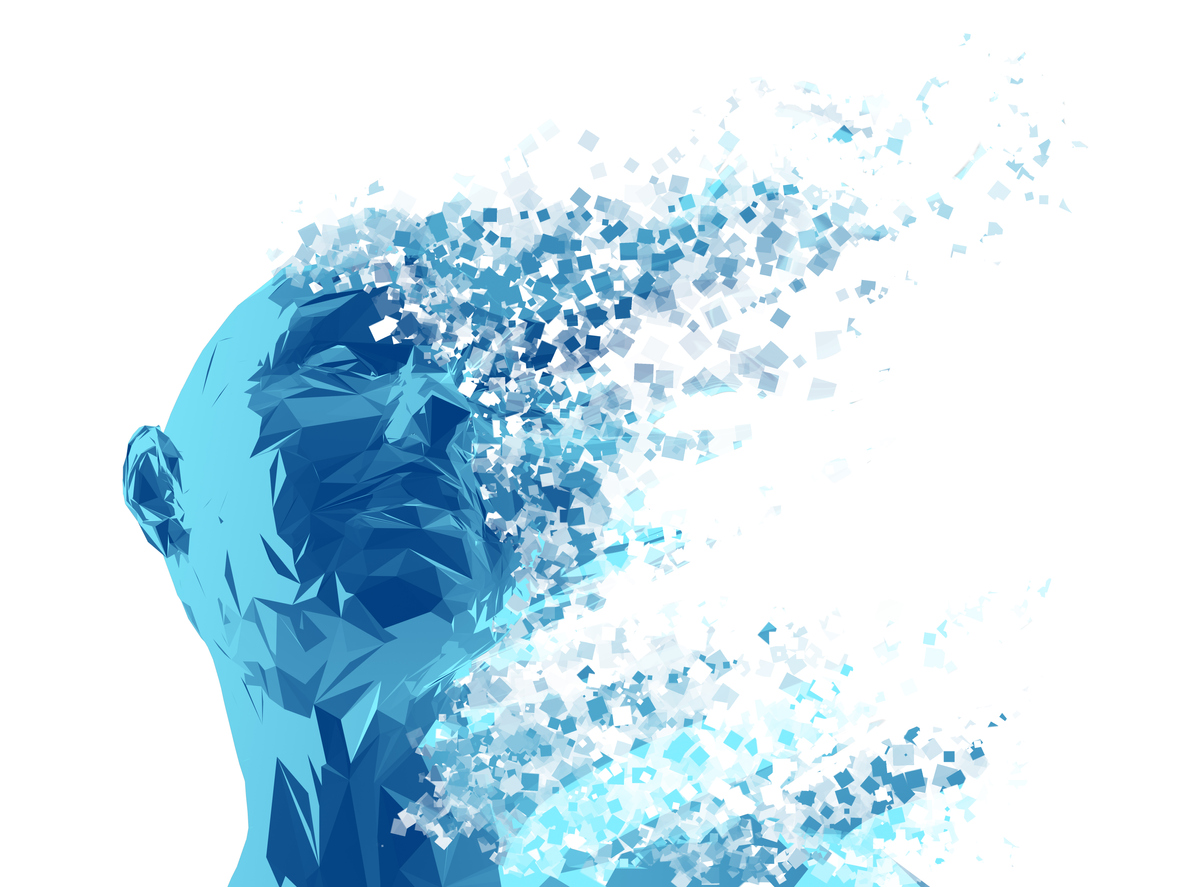
Deepfake videos have the potential to do unprecedented amounts of harm so California has introduced two bills designed to limit them.
For those unaware, deepfakes use machine learning technology in order to make a person appear like they’re convincingly doing or saying things which they’re not.
There are two main concerns about deepfake videos:
- Personal defamation – An individual is made to appear in a sexual and/or humiliating scene either for blackmail purposes or to stain that person’s image.
- Manipulation – An influential person, typically a politician, is made to appear they’ve said something in order to sway public opinion and perhaps even vote a certain way.
Many celebrities have become victims of deepfake porn. One of the bills signed into law by the state of California last week allows victims to sue anyone who puts their image into a pornographic video without consent.
Earlier this year, Facebook CEO Mark Zuckerberg became the victim of a deepfake. Zuckerberg was portrayed to say: “Imagine this for a second: One man, with total control of billions of people’s stolen data, all their secrets, their lives, their futures.”
Clearly, to most of us, the Zuckerberg video is a fake. The video was actually created by Isreali startup Canny AI as part of a commissioned art installation called Spectre that was on display at the Sheffield Doc/Fest in the UK.
A month prior to the Zuckerberg video, Facebook refused to remove a deepfake video of House Speaker Nancy Pelosi which aimed to portray her as intoxicated. If deepfakes are allowed to go viral on huge social media platforms like Facebook, it will pose huge societal problems.
Pelosi later told California’s KQED: “I think they have proven — by not taking down something they know is false — that they were willing enablers of the Russian interference in our election.”
California’s second bill legislates against posting any manipulated video of a political candidate, albeit only within 60 days of an election.
California Assembly representative Marc Berman said:
“Voters have a right to know when video, audio, and images that they are being shown, to try to influence their vote in an upcoming election, have been manipulated and do not represent reality.
[That] makes deepfake technology a powerful and dangerous new tool in the arsenal of those who want to wage misinformation campaigns to confuse voters.”
While many people now know not to trust everything they read, most of us are still accustomed to believing what we see with our eyes. That’s what poses the biggest threat with deepfake videos.

Interested in hearing industry leaders discuss subjects like this? , , , AI &





